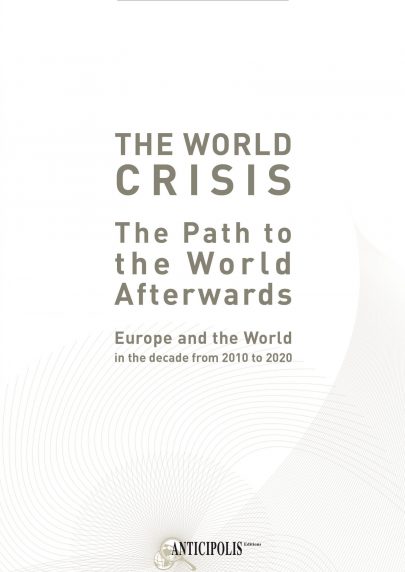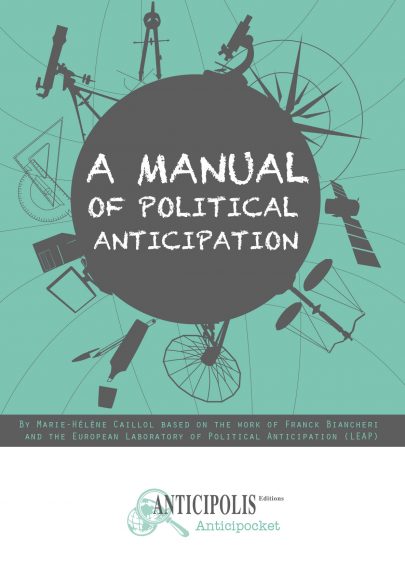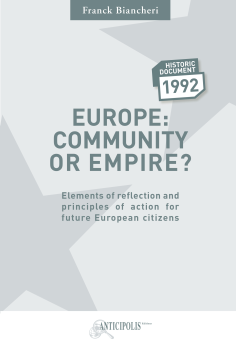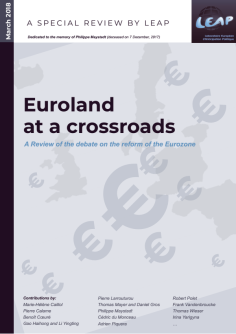15 x 23 cm - 168 p
The financial and economic crisis that the world has been facing in the past two years marks the end of the world order established after 1945. In 1989, the “Soviet pillar” has collapsed and we are now witnessing the accelerated decomposition of the “Western pillar” with the United States at the heart of the process of disintegration.
After two decades spent living in the myth of an “ended history” in which our Western camp would be imposed universally, it is almost impossible to imagine “a world after” where tendencies would not be defined in Washington or Wall Street, where “Anglo-American” would not necessarily mean “modern” and where the dollar would no longer be king.
As in Eastern Europe before 1989, neither our media nor our leaders are capable of helping us “imagine the unimaginable”, they are too busy trying to make us “forget the unforgettable”, in particular, the socio-economic consequences of the crisis throughout the world. This book attempts to fill this lack of anticipation of our leaders and elites by giving a concrete vision of the future in Europe and the world by 2020.
What conflicts can this world-after-the-crisis generate? How to prepare for monetary and economic upheavals coming up in the next few years? How can we and should we cope as Europeans? How will interact the emerging powers such as Brazil, India, Russia and China in the first place? What difficulties will these countries meet on their way up? How can our children position themselves to prepare for this world after, as citizens and as professionals?
These are some of the questions that this book tries to answer by providing leads for reflection and action to the individual as much as to the group. Because this crisis we are experiencing is not only the end of the “world before”, it is also an unprecedented opportunity to rebuild a “world after”, provided not to be mistaken about the dangers, challenges and opportunities that lie ahead.



